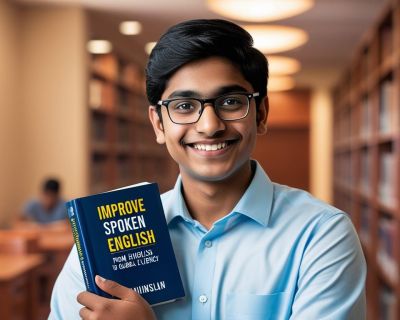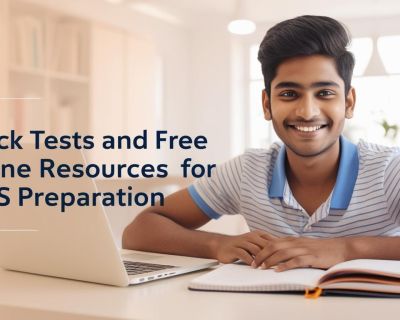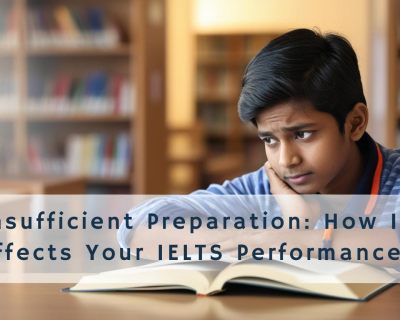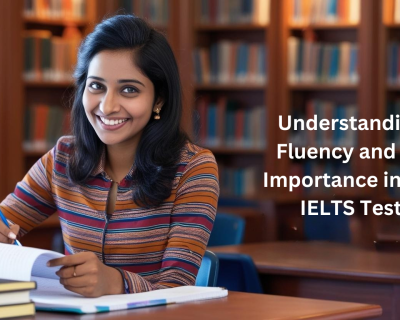Introduction
The IELTS Reading Test is a critical component for individuals aspiring to study, work, or immigrate to an English-speaking country.
To perform well in this test, it is essential to develop effective strategies for answering multiple-choice questions. This article will provide comprehensive insights and practical tips on mastering multiple-choice questions in the IELTS Reading Test.
By following these strategies, you can approach these questions with confidence and achieve a higher score.
Overview of the IELTS Reading Test
Before delving into the strategies for multiple-choice questions, it is important to understand the format and scoring of the IELTS Reading Test. For a detailed overview, including information on the test format and scoring criteria, you can refer to the IELTS Reading Test Overview, Format, and Scoring guide.
Section 1: Developing Reading Skills
To excel in the IELTS Reading Test, it is crucial to enhance your overall reading abilities. By implementing the following tips, you can improve your reading skills, which will directly impact your performance in multiple-choice questions:
- Read Widely: Engage in extensive reading across various genres, topics, and writing styles. By immersing yourself in different types of texts, you will become familiar with diverse vocabulary, sentence structures, and writing conventions. This practice broadens your reading comprehension skills and helps you adapt to different writing styles.
- Practice Skimming and Scanning: Skimming and scanning are valuable techniques that enable you to quickly extract information from a passage. Skimming involves rapidly glancing through the passage to grasp the main idea, while scanning helps you locate specific details or keywords. Refer to the Skimming and Scanning Techniques guide for detailed strategies on how to effectively utilize these skills.
- Build Vocabulary: Developing a strong vocabulary is crucial for understanding the nuances of the text. Regularly engage in vocabulary-building exercises and techniques such as learning new words, using flashcards, or practicing word associations. The Importance of Vocabulary Development article offers valuable insights and tips on expanding your word bank.
Section 2: Strategies for Multiple-Choice Questions
Mastering the specific strategies for answering multiple-choice questions will significantly improve your performance in the IELTS Reading Test. The following steps will guide you through the process:
- Read the Instructions Carefully: Before attempting any multiple-choice question, carefully read and understand the instructions. Pay close attention to keywords such as “choose the best answer,” “choose two answers,” or “select the correct option.” Understanding the specific task at hand will help you focus your attention and avoid any misinterpretation.
- Skim the Passage: Before analyzing the answer options, spend a few moments skimming through the passage. Skimming allows you to gain a general understanding of the main idea, structure, and tone of the text. This initial grasp of the passage will assist you in locating relevant information more efficiently when answering the multiple-choice questions.
- Analyze Each Option: Once you have skimmed the passage, carefully analyze each option provided for the multiple-choice question. Evaluate each option individually, comparing it to the information presented in the text. Eliminate answer choices that do not align with the passage or contradict its main ideas or details.
- Identify Keywords and Synonyms: While analyzing the options, pay close attention to keywords and synonyms used n both the question and the answer choices. Often, the passage and the question may use different words or phrases to convey the same information. By identifying these keywords and synonyms, you can establish connections between the question and the passage, making it easier to identify the correct answer. Understanding the context and meaning behind these words will enable you to eliminate options that do not align with the passage and narrow down the choices more effectively.
- Utilize Context Clues and Inferences: When faced with challenging vocabulary or unfamiliar terms in the passage, utilize context clues to deduce their meanings. Contextual information within the passage can provide hints about the intended definition or purpose of a word or phrase. Additionally, make use of inferences and predictions based on the surrounding text. By critically analyzing the passage, you can make logical deductions and choose the most appropriate answer.
- Consider the Main Idea and Details: Multiple-choice questions may assess your understanding of both the main idea and specific details within the passage. Pay attention to the overall theme or argument presented in the text and how it relates to the question. Additionally, refer back to the relevant sections in the passage to find supporting details or evidence for each answer choice. By thoroughly analyzing the passage and its key points, you can make informed decisions when selecting the correct answer.
- Manage Your Time: Time management is crucial in the IELTS Reading Test. Allocate a reasonable amount of time to read and comprehend the passage, analyze the options, and select the answer. If you encounter a particularly challenging question, it is advisable to move on and come back to it later if time permits. Refer to the Time Management Tips article for strategies on effectively managing your time during the test.
How Kandor Helps You Succeed in the IELTS Reading Test
Preparing for the IELTS Reading Test can be challenging, but Kandor simplifies your journey with AI-powered mock tests, instant feedback, and expert-designed study materials. Our platform provides detailed performance analysis and personalized recommendations, helping you identify areas for improvement and boost your confidence. With Kandor’s interactive practice tools and real-time insights, you can refine your reading strategies and master multiple-choice questions effectively.
Conclusion
Mastering multiple-choice questions in the IELTS Reading Test requires a combination of reading skills, critical thinking, and strategic approach.
By implementing the strategies outlined in this article, you can enhance your performance and increase your chances of success in the test. Remember to practice extensively, develop your vocabtaulary, and familiarize yourself with different question types to build confidence and improve your overall score.




















